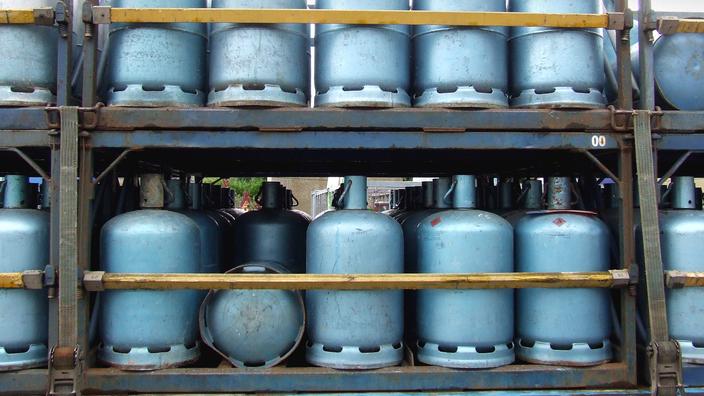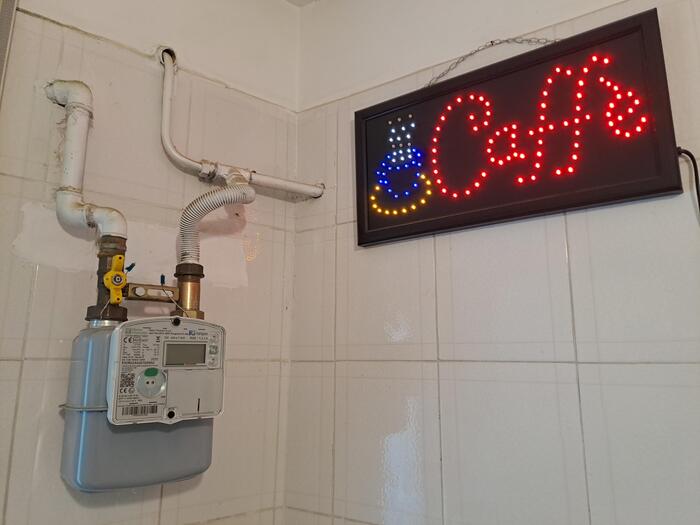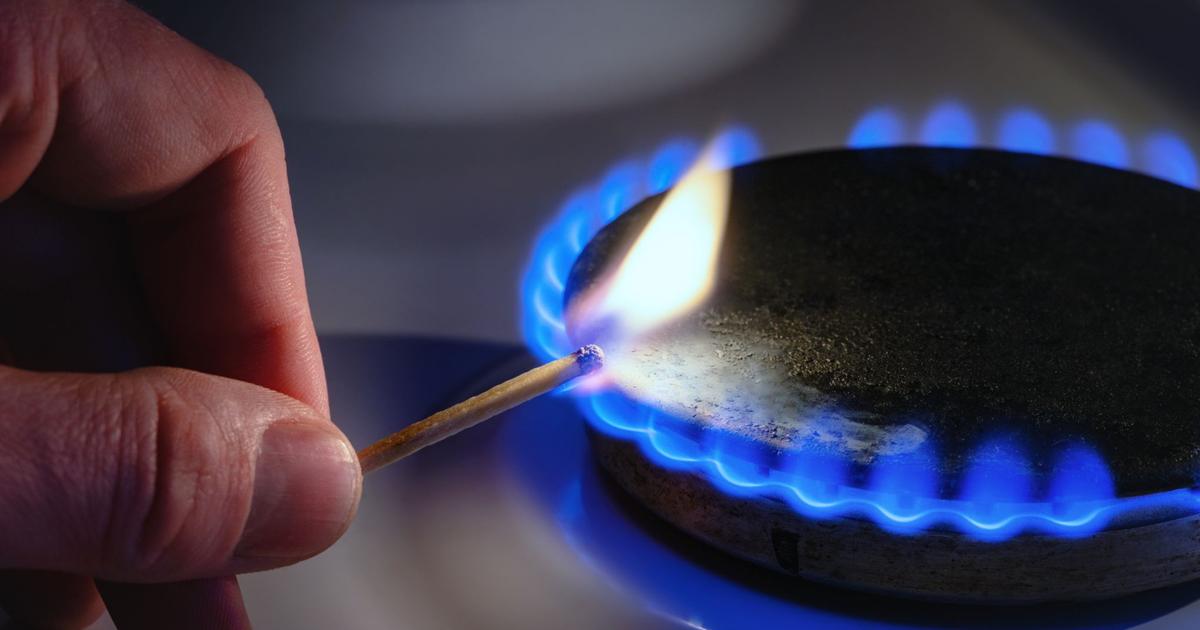On June 25, the Energy Regulatory Commission (CRE) announced an increase in the price of gas "of 9.96% before tax on July 1".
A strong increase "
mainly due (for 7.8%) to the rise in gas prices on the world market linked to the economic recovery
", then justified the Commission.
In detail, it is mainly geopolitical tensions with Russia, but also the recent increase in the cost of energy saving certificates (EEC) that have caused this increase.
To discover
Ice creams, breads, aperitif cakes ... more than 7,000 products recalled due to carcinogenic substances
Pressure from Russia
"
This is not the season for price increases,"
explains Philippe Chalmin, professor at Paris-Dauphine University and specialist in raw materials.
High tensions are normally observed in the fall
”when it is necessary to resume supplying gas boilers to private individuals. For Philippe Chalmin, “
the main factor is the pressure that Russia wishes to put on Europe
”
.
"
It is in their best interests to make us feel our addiction to their gas,
" he continues. According to Eurostat, Russia supplied 43.4% of the gas imported into the European Union in 2020, a share twice that of Norway, the second largest supplier.
Read also: Nord Stream 2 gas pipeline: what future, and for what risks?
By reducing its production in this way, Russia hopes to convince the Europeans to unblock the Nord Stream II dossier.
This gas pipeline project, which is to link Russia to Germany, and supply the Union sustainably, has come to a halt, although almost completed.
The subject is causing great tension within Europe, while Ukraine in particular feels threatened by this new project.
Even in Germany there is no consensus on the project.
"
The ecological candidate Annalena Baerbock, who has a few chances of being elected in the September elections, is opposed to Nord Stream II
", notes Philippe Chalmin.
In total, tensions over supply weigh for 7.8 points of the increase.
Taxation is also responsible
Then there remains 2.16 points of increase, which are to be found on the side of the increase in the cost of energy saving certificates (EEC).
Entered into force in 2005, accentuated since 2018, the EWCs oblige energy suppliers - and not only gas - to take action to save energy.
The companies concerned by the EWC earn credits when they carry out actions in this direction.
If the company does not collect a sufficient number of credits over the period (4 years) when the EWC is set, it pays a financial penalty.
Read also: Will unemployment benefits go down on July 1?
The gas supplier Engie explains, for example, that it has financed “
energy efficiency work or actions to encourage them
”
for two billion euros
since 2018. If the work only benefits part of the population, the EEC is well on the bill of all energy consumers.














